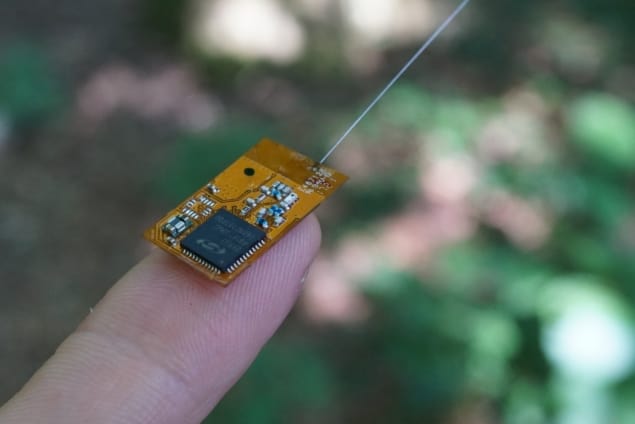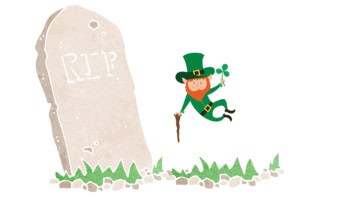
Looking out of my window at the garden during this lockdown, I am a bit envious of the birds that are free to come and go as they please. But what if I wanted to know what the fat wood-pigeon gets up to when it is not feasting on my newly seeded lawn.
Simon Ripperger and colleagues at the Ohio State University have created a tiny wireless backpack computer that can be used to track animals in the wild (see figure). The device was created to study the social habits of the vampire bat, but I’m guessing that it would also work on a pigeon.
Has it really been 10 years since the Large Hadron Collider (LHC) at CERN started taking data? To celebrate a decade of achievement, Sarah Charley has charted progress at CERN in numbers.
Did you know that since 2010, exactly 2947 summer students have worked at CERN? They probably played a role in drinking the 10 million cups of coffee served at CERN restaurants in the past decade and hopefully had a hand in producing 2725 scientific papers.
Collisions at the LHC produced about eight million Higgs particles, at least according to the Standard Model, and physicists had to sift through 278 petabytes of data to find a few Higgs to study.
Another figure that Charley came up with is the total mass of all the protons that have whizzed around the LHC since 2010. Any guesses?
You can find the answer in “10 years of LHC physics, in numbers”, which appears in Symmetry.
Post Manuscript Submission Press Conference. Looking to use this momentum and take it into future papers.. pic.twitter.com/nOVRH5xMLN
— Ciaran Fairman, PhD (@CiaranFairman) April 2, 2020
A few weeks ago, I shared a video by the Irish medical researcher Ciaran Fairman that imagined a post-game analysis of a talk at a scientific conference. Now, Fairman is back in the above video with a similar take on the submission of a scientific paper for peer review. I like his comments on a certain referee, “you’re going to have to reference their work, there’s really no point in arguing with them”.



